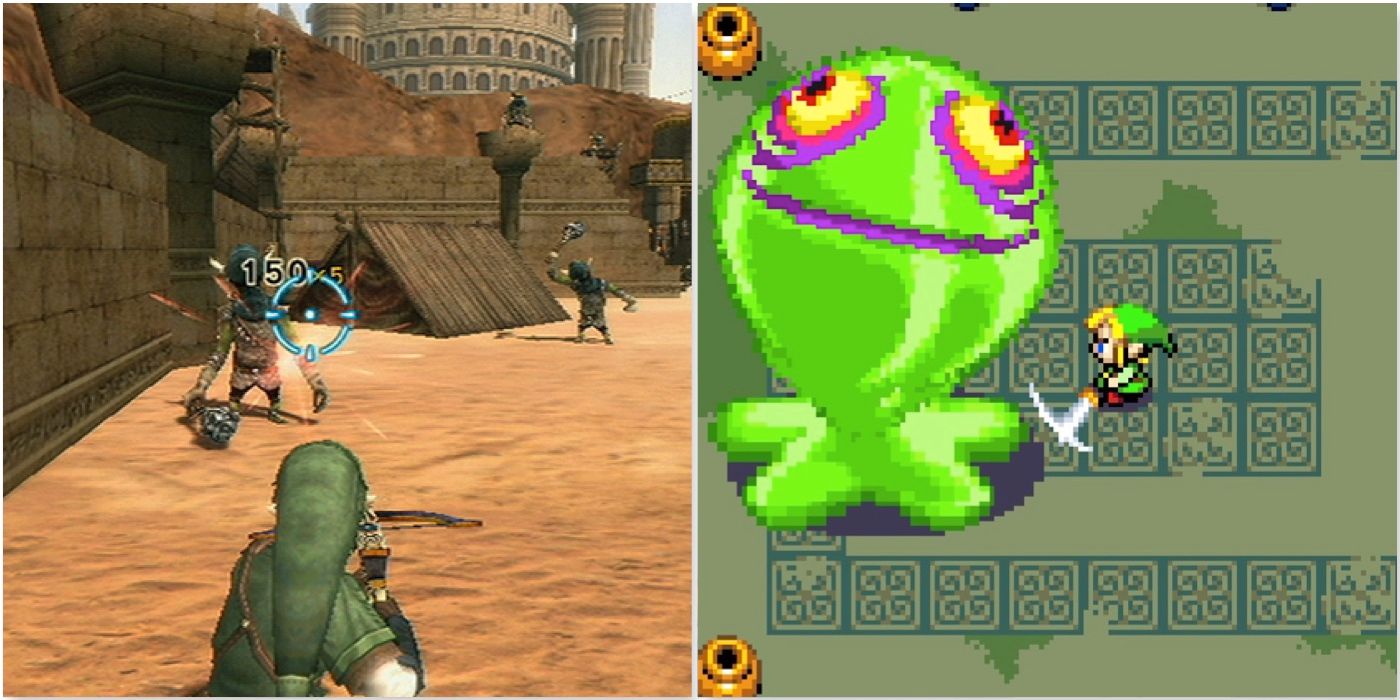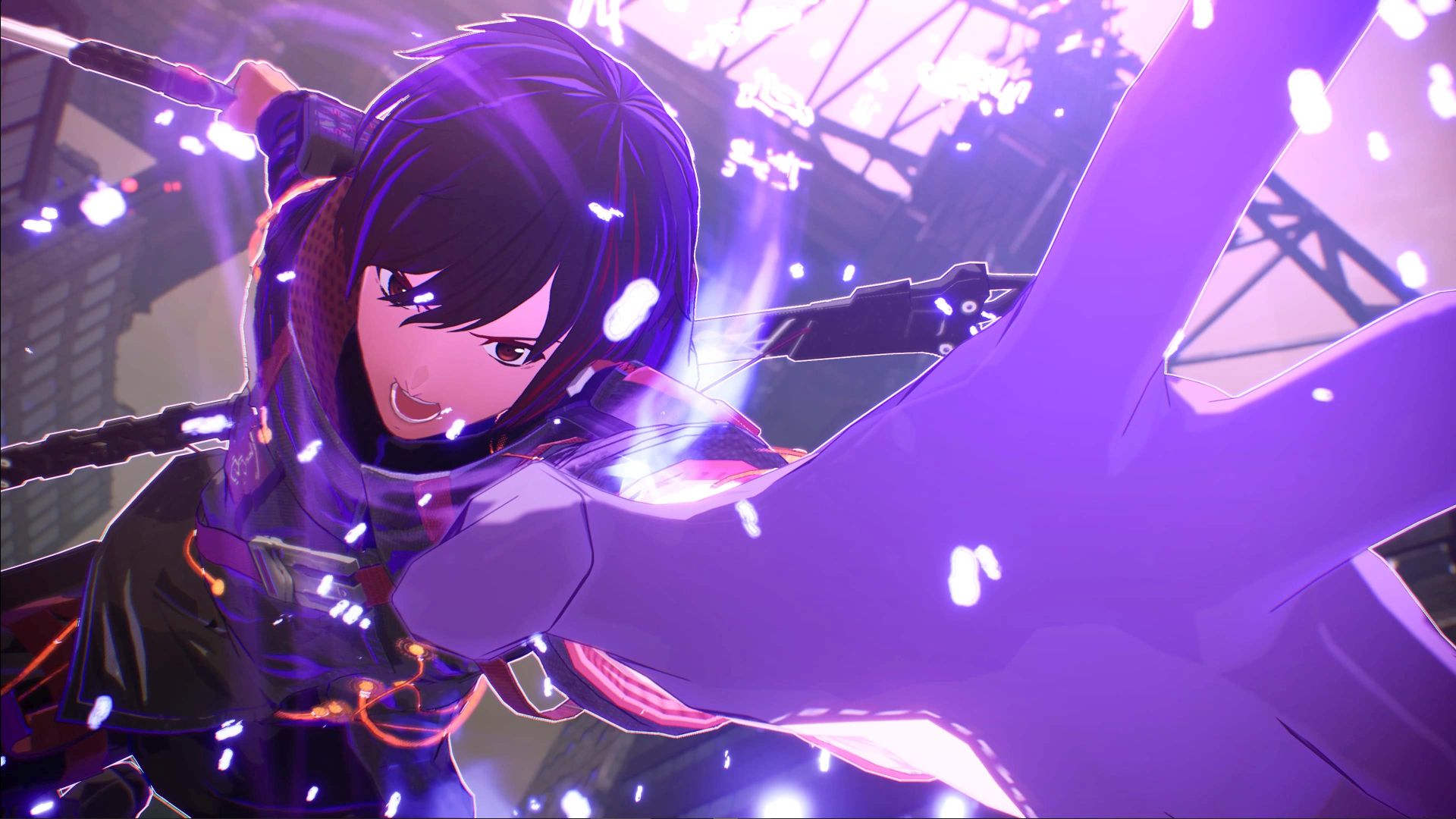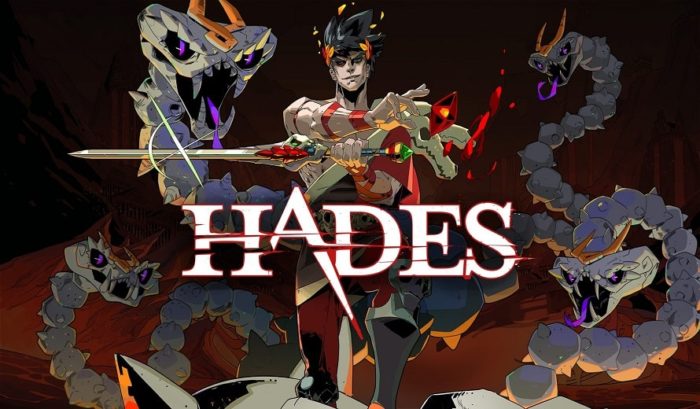
To the Surface: A Game with Feeling
It seems everywhere you look nowadays there’s a new roguelike game out. Of course, I’m not complaining. They are my favorite genre of game. Yet, in the sea of roguelikes that are out there, some real gems have appeared. Games like Slay The Spire, Enter The Gungeon, and Dead Cells are a few that jump to my mind. Still, for myself, one game stands out above all of these excellent roguelikes. That game, of course, is Supergiant’s Hades.
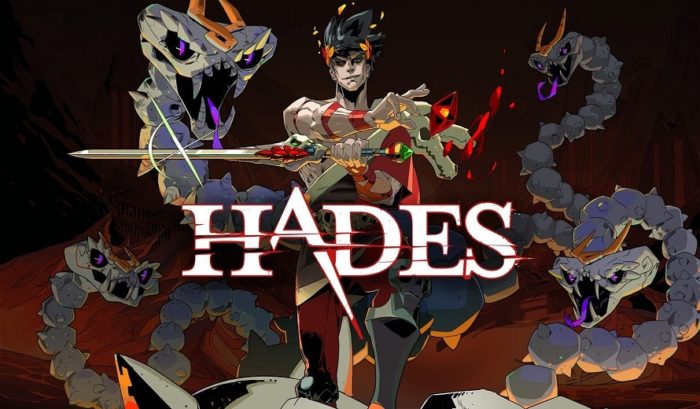
As the first ever video game to win a Hugo Award, Hades has already cemented itself as a trailblazer. But why? What makes Hades worthy of this award that has been reserved for the greatest works of, normally, literary fantasy and science fiction? I plan to tell you. And, just to be clear, this isn’t a review. I am not going to discuss the gameplay, aside from how it interacts with the story, other than the fact that by its most basic fundamentals Hades is a roguelike game.
For those who aren’t aware, a roguelike game is a sub-genre of role playing type game. In roguelikes the player moves through procedurally generated levels, often collecting equipment or upgrades, before dying and starting all over. At first glance Hades follows these basics. The player character, Prince Zagreus, attempts to escape from the Underworld over and over. You collect new weapons and upgrades and then die. What separates Hades from other roguelikes is the story it unfolds over your constant attempts to escape. In addition the characters you meet, and the relationships you build with them, enhance this experience. Hades includes its exposition in between runs, this is where its story mostly takes place. Yet, the game also builds on its story during runs as well. It is within this story that one of the most special things about Hades exists: the themes and the metaphor that makes it whole.
Complexity in Character: Hades God of the Dead
One of the more obvious themes of Hades that is as blatant as it is important is the theme of complexity in characters. Now, I could choose to look at any character in the game for an analysis of the complexity of Hades’ characters. Yet, why not look at the God of Death himself.
Hades begins the game as a disappointed, brooding, emotionally devoid father. Of course, Zagreus believes his father just thinks he is a good-for-nothing son who destroys the kingdom with every escape attempt. Yet the more you uncover throughout your runs about what is really going on the more you uncover about the real reason behind Hades’ persona.
As an article by Squareblind explains “To play the game is to slowly see the ‘Lord of the Underworld’ less as a fiery dealer of death, but something imminently more understandable. A being worn down by the harsher realities of existence and eons of chasing down dreams and desires.”
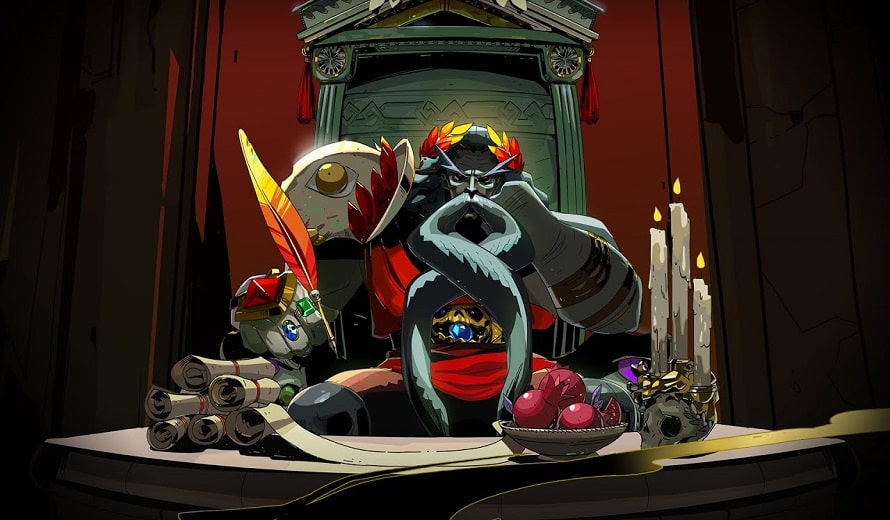
This is the truth. Supergiant subverts player expectations by using the family dynamic of the game. The game turns the main antagonist from a ruthless, murderous, dictator into a misguided but well intentioned father and husband. The character of Hades is turned on its head, the players who has spent maybe dozens of runs feeling animosity towards the games ‘villain’ now face the same reality the Prince does. Do they forgive Hades for his actions? Can Zagreus? It’s within these questions that the theme of complex characters intertwines with the next theme and works toward the answer to our question. What makes Hades so special?
Places of Reflection: Eurydice
We all need time to reflect and think. Even when we are playing video games. The roguelike genre often fits this time in between runs. After the player has been defeated you get to think back on the run and what you could do differently, what you want to try next time. On the other hand, Hades presents players with something really special. Hades gives players a place to reflect mid-run, that provides a break from the constant waves of enemies, but also advances plot lines and lets the player connect with the characters on a deeper level.
For those of you who play the game, you know I’m referring to the NPC Chambers you may find in the different levels. Zagreus runs into these chambers not looking for another fight, but instead an area to rest and reconnect with one of these NPCs. Each of them also carries the complexity that comes with all of Hades’ characters.
The most prime example, Eurydice’s chamber in Asphodel, is a place of peace amidst the chaos of the plains. Her voice carrying a beautiful tune that just washes over you as a player. For myself, when I first entered her chamber I was stunned. I simply sat there with Zagreus and thought about the game. Her song reflecting forgiveness and an unburdening of oneself. Through your interactions in this chamber, Eurydice also develops as a character. Her personality, nurturing and pure. A freshly cooked meal always ready to help along your journey.
Throughout my years of playing games, and roguelikes specifically, rarely did I encounter a moment or room that made me just stop and study. Yet, this special place let the story come alive through song. Each of Eurydice’s lines apply to Zagreus in one way or another. Eurydice gives players a hard room to get past, and not because of a difficult boss or challenge, but because it’s simply homey, comforting, and beautiful. It’s almost a shame to leave her and continue your quest.
Perseverance: The Metaphor
Thus, we arrive at the binding theme of Hades. Perseverance. To persevere in the game is to progress. To will yourself to start your next run after losing is how you unlock more of the story. And it’s beautiful. To crawl out of the Pool of Styx again and again should wear on you, but it doesn’t. Jordan Oloman in his article on Hades says, “Video games are all about failure, but none more so than ‘Hades’.”
Of course, Oloman is right. Failure in Hades isn’t a failure. What it becomes is a chance to explore, build relationships, and most importantly: try again. Everyone fails but not everyone tries again. I’ve heard that to fail is to say you tried, to persevere is to say you kept trying. To hear Zagreus exit the Pool of Styx defeated once more only to mutter, “I’ll get that Hydra,” or “Again,” honestly made me just as hyped up to try again myself.
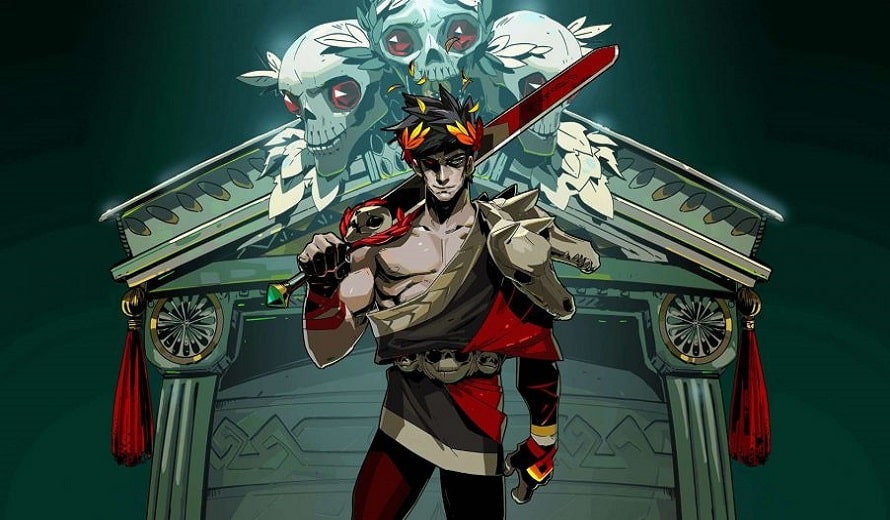
Personally, I played Hades at a time in my life when I was facing a lot of rejection. I beat the game for the first time just after I started writing here at COGconnected. I felt like I had gone through a journey alongside Prince Zagreus. He never gives up, no matter how many times he loses. And the game doesn’t punish you for failing.
That is what makes Hades so special. That despite all of the other factors including story, character development, and gameplay, there is still more depth. Hades is a metaphor for perseverance. In fact, the other themes my piece talks about are only heightened by the extended metaphor. The characters become more complex the more you fail and succeed. There is more to reflect on the more you as the player decide to keep going forward with the Prince’s story and every interaction with NPCs is made better by failing.
Conclusion: Beyond a Game
Hades is the first video game to ever win a Hugo Award. And it deserves it. It is a narrative that extends beyond the confines of the game. It’s metaphor of perseverance encapsulates the world it builds and spreads out to the player. The characters it introduces are complex, and multidimensional. There is no black and white in Hades because, just like our world, things are somewhere in between.
Hades is the type of game that pushes the boundaries of an art form. It is unlike any other roguelike game I have ever played. It taught me the value of failing. That within every failure, there is something to learn, someone to meet, or some way to grow. It is a special game because its narrative and characters are honest. They don’t start you from a checkpoint when you mess up like the fail didn’t happen. They put you right back home, beaten and crawling out of a pool, and tell you and Zagreus both to get back out there and try, try, again.
The post What Makes Hades so Special – A Metaphor and a Game appeared first on COGconnected.

